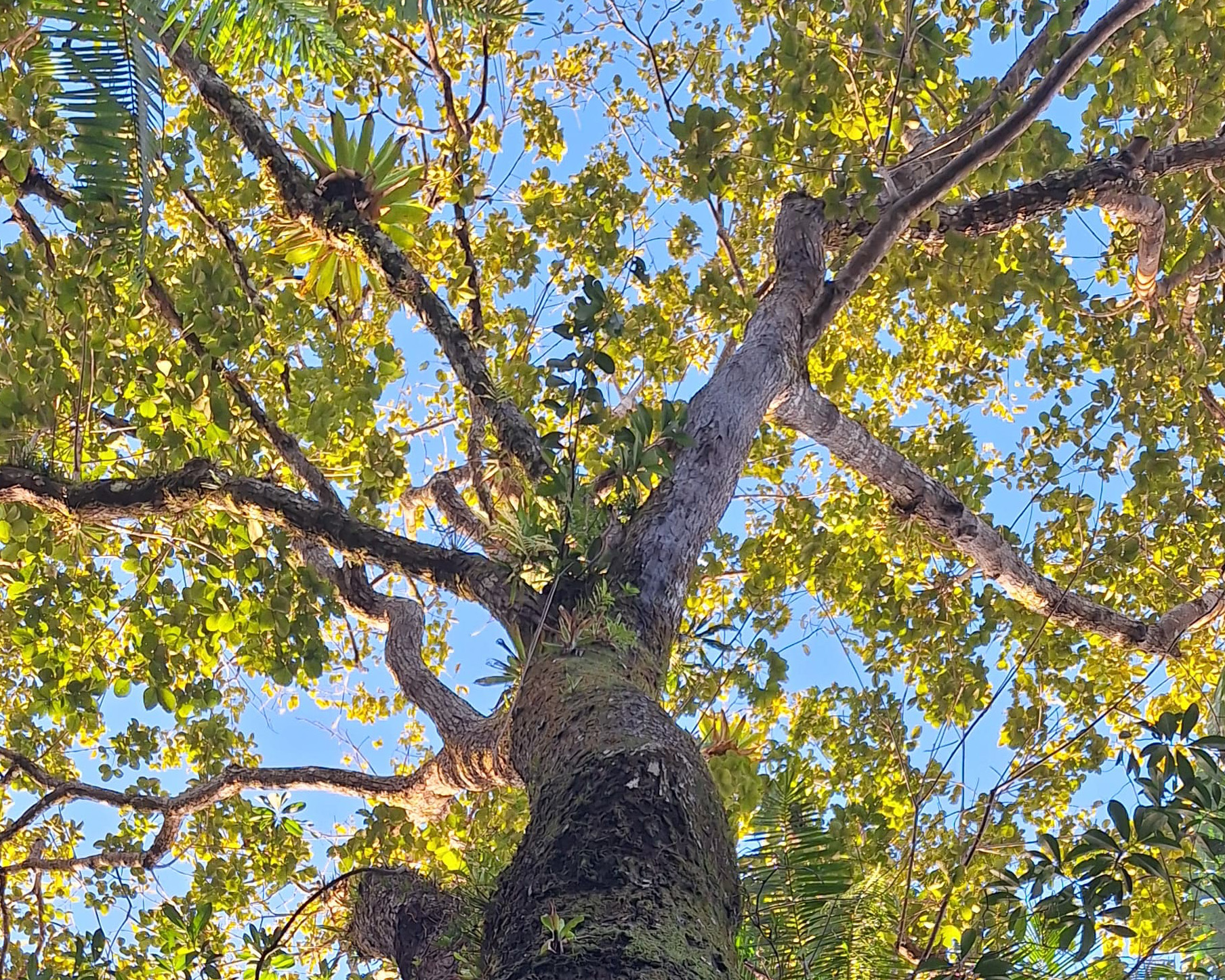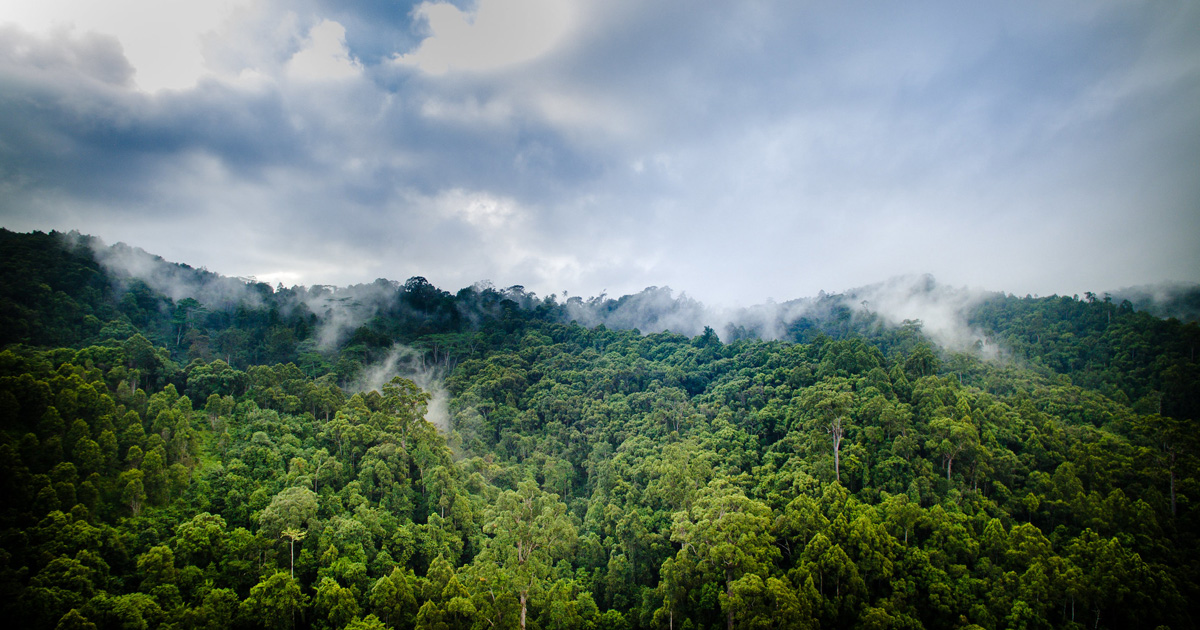Measuring the social impact of oil palm requires the use of multiple metrics which capture different dimensions of well-being. To date, most studies have examined welfare outcomes at the household level, relying on a relatively narrow range of indicators. There is a need for a more diverse range of metrics to measure the social impacts of oil palm as well as more explicit accounting for study context and gendered effects. Here we demonstrate the utility of specialised time use methods used in combination with qualitative research to understand intra-household labour dynamics associated with oil palm adoption. We use a mixed-methods approach to investigate the role of smallholder oil palm plasma schemes on men and women's time use in Kapuas Hulu District, West Kalimantan. Time allocation is an important determinant of well-being as well as maternal and child nutrition and an indicator of women's empowerment and gender equality. We integrate the results from a fractional multinomial logistic regression of data from 603 individuals with qualitative findings on the subjective experience of time allocation, as well as, the causes, consequences and coping strategies to manage trade-offs in time allocation. We find that relative to non-oil-palm adopting swidden farmers, participation in oil palm plasma schemes is associated with more time spent in productive labour for both men and women, driven by off-farm labour on oil palm plantations. For women, increased time comes at the cost of reduced time spent in rest, leisure and sleep. Increased time spent in off-farm labour drives households to adapt agricultural production methods, changing cash crop production as well as accelerating swidden transitions. These changes alter gender dynamics and responsibilities within the household. Our results suggest that changes in time allocation may have significant consequences for women's well-being and gender equity. Women in the oil palm site experienced greater stress over time scarcity and employed coping strategies more frequently. Our findings indicate that time allocation could be used as an indicator of the effects of oil palm expansion and adoption on well-being and that potential effects of time scarcity on well-being, gender equity, and maternal and child nutrition should be considered by policy makers when making land use decisions.
Download:
DOI:
https://doi.org/10.1016/j.forpol.2021.102682
Altmetric score:
Dimensions Citation Count:

Publication year
2022
Authors
Rowland, D.; Zanello, G.; Waliyo, E.; Ickowitz, A.
Language
English
Keywords
oil palms, nontimber forest products, wild plants, gender, labour, household income, shifting cultivation
Geographic
Indonesia
























